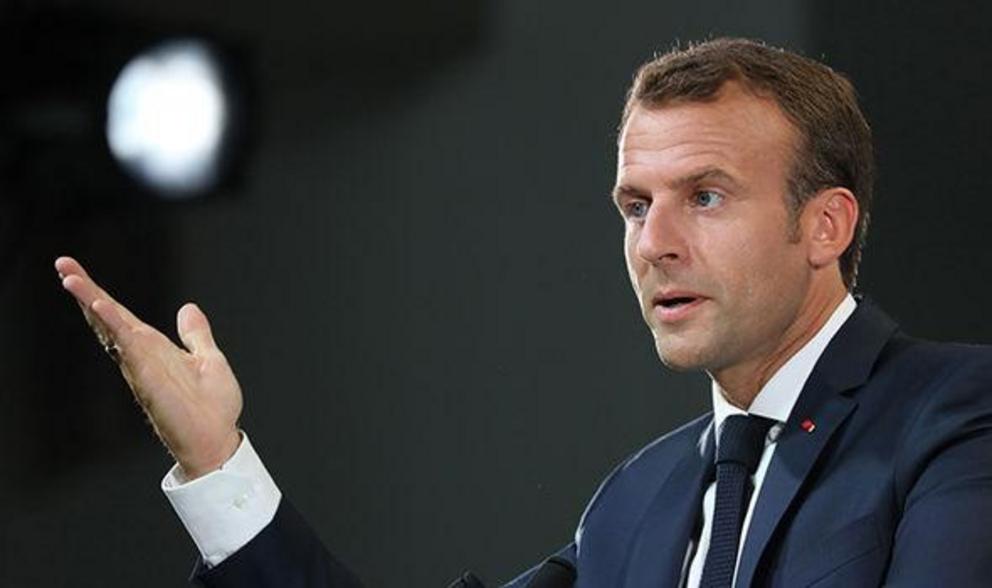French President pushing 'fake news' bill
... that would demand decisions from judges in 48 hours
from the 48-hours-or-your-violated-rights-are-free dept
France's government will likely be following Germany's into the halls of speech regulation infamy. Germany's new "hate speech" law backed 24-hour removal demands with hefty fines to ensure social media platform compliance. This has prompted proactive enforcement by Twitter and Facebook, resulting the removal of content that doesn't violate the law, along with the removal of satire's life support.
The French government is already eyeballing a carbon copy of this hate speech law. But it's willing to do Germany one better: it wants to regulate "fake news." This push comes from new president Emmanuel Macron, who's decided to make his personal beef with fake news a public concern. A false story about offshore accounts owned by Macron made its way around the internet during his presidential campaign, prompting him to declare war on "fake news" if he was elected.
He's been elected, and now appears to be abandoning the base that thought he would be less radical and more reasonable than many of his opponents.
Taking aim at so-called fake news, France’s Parliament on Thursday is set to begin debating a tough bill aimed at repressing phony news items, one pushed by President Emmanuel Macron amid criticism that it poses a potential threat to press freedom.
The measure would allow judges to block content deemed false during a three-month period preceding an election.
During elections, it appears normal speech protections will be disabled. And it will be France's court system doing the heavy lifting under duress. The law would force judges to make a call on suspected "fake news" within 48 hours of the government submitting its case. Forty-eight hours is a ridiculous turn time for judicial matters, which makes it extremely likely literal judgment calls will be blown and/or overblocking will occur.
This also allows the French government to make the initial declaration of a news item's veracity. Forty-eight hours is barely enough time to read the government's case and pass a judgment, much less provide any due process to those accused of faking their news. Anyone who can't find something wrong with the general idea of a government declaring certain speech bogus and placing it before a judge with ticking time is either a budding authoritarian or Emmanuel Macron.
Unfortunately for Macron, the not-so-very-enlightened president is going to have a hard time shoving this terrible idea down parliament's throat. He's getting shot from both sides during his push to harm free speech protections and journalists.
[I]n heated exchanges in parliament on Thursday, members of the rightwing Les Républicains party accused Macron of trying to create a “thought police” that threatened freedom of expression. The leftwing France Insoumise party warned of a new kind of censorship and cautioned against a hasty, unnecessary and ineffective law against an ill-defined concept of fake news.
France's culture secretary said these fears were overblown as was any perceived attack on journalists. But the law Macron is pushing would do exactly what the culture secretary denies it will do. Supposedly "professional media" won't be targeted. But how can that statement possibly be true?
Social networks would also have to clearly state who was sponsoring content. The law would also give the French media regulator new powers to remove broadcasters’ rights to air content in France if it is deemed to be deliberately fake or implausible. Foreign broadcasters could be taken off air if they were deemed to be attempting to destabilise France, a measure taken to be aimed at Russian state-backed outlets.
Even if the culture secretary is to be believed, this just means the government will decide who is or isn't a journalist after the law is passed -- most likely on a case-by-case basis that allows it to target those perceived of being less able to challenge a judicial determination. Journalism isn't something only big name news agencies do. Plenty of amateurs engage in journalism and it will be those without privilege or access who can most easily be silenced by the government's "fake news" accusations.

